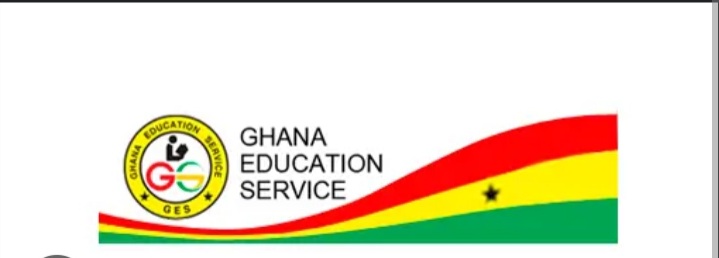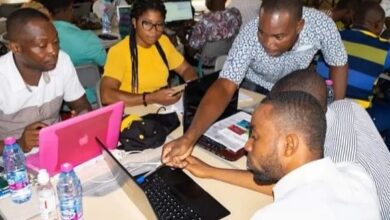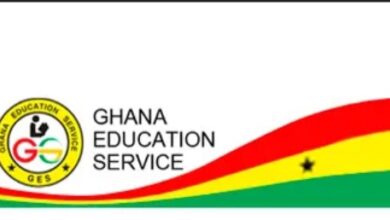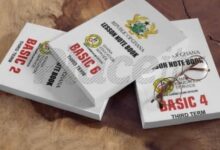GES Directs All GALOP Schools to Register and Partake in a Five-Day virtual Refresher Training – Register Here

Management of Ghana Education Service (GES) wishes to invite all teachers in GALOP schools who have not yet gone through any of the recent 2023 refresher trainings on Differentiated Learning (DL) concepts to register and partake in a five-day virtual refresher training.
The five-day training is to help equip teachers from lower and upper primary with the requisite pedagogies needed for effective implementation of DL concepts in their schools for struggling learners.
It is also to help learners attain their full learning potentials through improved
teaching that caters for the diversity of learners’ learning needs.
The Headteacher and six teachers are expected to rgister from a school.
In view of this, Regional Directors of Education are to inform their respective
Metro/Municipal/District Directors of Education to inform their teachers from DL Schools to register online through the link below.
https://rb.gy/k63w7
Deadline for registration is Friday, 14th July, 2023.
Differential learning training for teachers in Ghana refers to a professional development program aimed at equipping educators with the knowledge and skills to implement a teaching approach that caters to the diverse learning needs of students.
In Ghana, like in many other countries, classrooms are often filled with students who have different abilities, learning styles, and preferences. The traditional one-size-fits-all approach to teaching may not effectively address the individual needs of every learner. Differential learning, on the other hand, recognizes and embraces these differences by tailoring instruction to meet each student’s unique learning requirements.
Differential learning training for teachers in Ghana typically includes the following elements:
1. Understanding learner diversity: Teachers learn about the concept of learner diversity, including factors that influence student variation such as cultural background, cognitive abilities, and linguistic skills. They are made aware of the importance of recognizing and embracing these diversities in the classroom.
2. Assessment strategies: Teachers are trained in various assessment techniques to identify students’ strengths, weaknesses, and learning preferences. These assessments help teachers to plan differentiated instruction to meet the diverse needs of their students effectively.
3. Curriculum differentiation: Teachers learn how to adapt and modify the curriculum to suit students’ varying abilities and learning styles. They are trained in designing and implementing differentiated lesson plans, activities, and assessments that cater to different learners.
RECOMMENDED
How Teachers In Ghana Can Apply For Scholarships In The USA
4. Flexibility in materials and resources: Teachers are encouraged to use diverse instructional materials and resources to engage students with different learning preferences. This may include the use of visual aids, manipulatives, technology, and project-based learning approaches.
5. Individualized instruction: Teachers are trained to provide individualized instruction by setting goals, targets, and objectives that are tailored to each student’s learning needs. This may involve creating personalized learning plans or differentiating assignments based on students’ strengths and weaknesses.
6. Collaboration and support: Teachers receive guidance on how to collaborate with other educators, administrators, and support staff to implement differential learning effectively. They are encouraged to share best practices, experience, and strategies to support each other in meeting the diverse needs of students.
7. Continuous professional development: Differential learning training is an ongoing process that requires continuous professional development. Teachers are encouraged to participate in workshops, seminars, and conferences to further enhance their skills in implementing differential learning in the classroom.
RECOMMENDED











